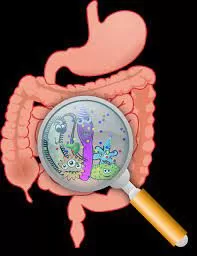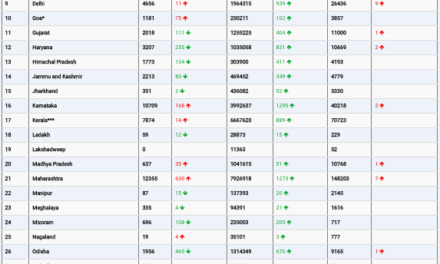A groundbreaking study led by researchers from UC San Francisco (UCSF) has provided new insights into how doxycycline, used as a post-exposure prophylaxis (PEP) for sexually transmitted infections (STIs), impacts the gut microbiome. The findings, published on October 3 in Nature Medicine, offer both reassurance and cause for concern regarding the long-term use of this antibiotic strategy.
Doxycycline PEP, or doxy-PEP, is a strategy in which individuals take a 200 mg dose of doxycycline within 72 hours of a high-risk sexual encounter to prevent the spread of STIs like chlamydia and syphilis. The approach has proven effective, particularly in San Francisco, where it was first recommended in 2022 for gay and bisexual men and transgender women with a history of condomless sex with multiple partners. Recent results from the San Francisco Department of Public Health indicated that doxy-PEP halved the incidence of chlamydia and early syphilis after just a year of use.
In response to these promising results, the U.S. Centers for Disease Control and Prevention (CDC) issued national guidelines recommending doxy-PEP for these populations in 2024.
Despite its success in STI prevention, experts have raised concerns about the potential impact of chronic doxycycline use on gut health. Disrupting the balance of gut bacteria, which plays a critical role in digestion and immunity, could lead to side effects like diarrhea, abdominal pain, and nausea. Even more worrisome is the potential rise of antibiotic-resistant bacteria.
To explore these concerns, UCSF researchers, in collaboration with the Chan Zuckerberg Biohub and scientists in Washington and Georgia, used metagenomic sequencing to study the gut microbiomes of participants in a recent doxy-PEP clinical trial. The study included 100 individuals using doxy-PEP and 50 individuals who did not use it. Over the course of six months, researchers analyzed rectal swabs to monitor the presence of gut bacteria and their antibiotic resistance genes.
According to Dr. Chaz Langelier, associate professor of medicine in UCSF’s Division of Infectious Diseases and senior author of the study, the results were mixed. “Doxy-PEP did not appear to have global impacts on the gut microbiome,” Langelier noted. “However, it did have impacts on the antimicrobial resistance of gut bacteria, particularly with the proportion of tetracycline resistance genes.”
Tetracycline is the class of antibiotics that doxycycline belongs to, and researchers observed an increase in the presence of tetracycline resistance genes in doxy-PEP users. Moreover, the longer the participants used doxy-PEP, the more pronounced the resistance became. This suggests that while the microbiome’s overall bacterial diversity remained intact, certain bacteria were becoming resistant to the drug, which could have serious implications for the future efficacy of doxycycline.
“More research is needed to determine which gut bacteria are turning on these tetracycline-resistant genes to know whether this will lead to more doxycycline-resistant infections,” said Dr. Victoria T. Chu, assistant professor of pediatrics at UCSF and first author of the study. The researchers stressed the need to assess whether these findings could extend beyond individual users to the wider community.
While these concerns are significant, the researchers believe that, for now, the benefits of doxy-PEP in controlling the alarming rise in STIs outweigh the risks. “Given the dramatic rise in syphilis and other STIs over the past decade, doxy-PEP remains an important tool in the public health arsenal,” said Langelier.
As the fight against STIs continues, the study underscores the importance of balancing antibiotic effectiveness with the long-term consequences of resistance, highlighting the need for careful monitoring and additional research into the impact of doxycycline use.
Funding Acknowledgment
This research was supported by grants from the National Institutes of Health (NCT03980223), the National Heart, Lung, and Blood Institute (R01HL155418), and the National Institute of Allergy and Infectious Diseases (K23AI144036, R01AI143439, R01AI143431).












